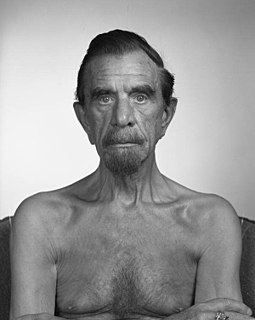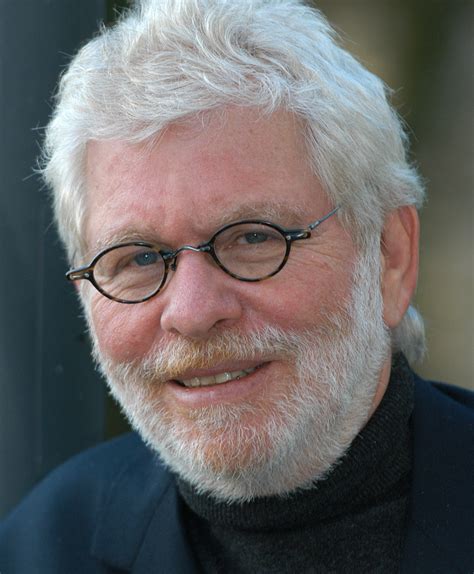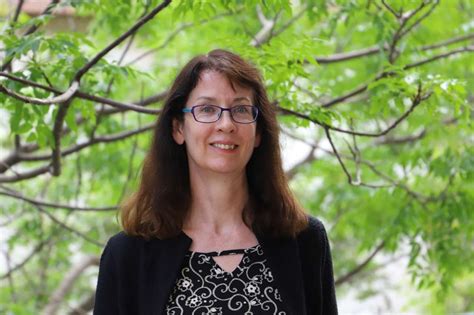A Quote by Avicenna
Therefore in medicine we ought to know the causes of sickness and health.
Related Quotes
Medicine deals with the states of health and disease in the human body. It is a truism of philosophy that a complete knowledge of a thing can only be obtained by elucidating its causes and antecedents, provided, of course, such causes exist. In medicine it is, therefore, necessary that causes of both health and disease should be determined.
If God causes man to be sick, sickness must be good, and its opposite, health, must be evil, for all that He makes is good and will stand forever. If the transgression of God's law produces sickness, it is right to be sick; and we cannot if we would, and should not if we could, annul the decrees of wisdom. It is the transgression of a belief of mortal mind, not of a law of matter nor of divine Mind, which causes the belief of sickness. The remedy is Truth, not matter,--the truth that disease is unreal.
Our society tends to regard as a sickness any mode of thought or behavior that is inconvenient for the system and this is plausible because when an individual doesn't fit into the system it causes pain to the individual as well as problems for the system. Thus the manipulation of an individual to adjust him to the system is seen as a cure for a sickness and therefore as good.
We know nothing of the principle of health, the positive of which pathology is the negative, except from observation and experience. Nothing but observation and experience will teach us the ways to maintain or to bring back the state of health. It is often thought that medicine is the curative process. It is no such thing; medicine is the surgery of functions as surgery proper is that of limbs and organs.
It is great good health to believe as the Hindus do that there are 33 million gods and goddesses in the world. It is great good health to want to understand one s dreams. It is great good health to desire the ambiguous and paradoxical. It is sickness of the profoundest kind to believe that there is one reality. There is sickness in any piece of work or any piece of art seriously attempting to suggest that the idea that there is more than one reality is somehow redundant.
Health education emphasizing risks is a form of pedagogy, which, like other forms, serves to legitimize ideologies and social practices. Risk discourse in the public health sphere allows the state, as the owner of knowledge, to exert power of the bodies of its citizens. Risk discourse, therefore, especially when it emphasizes lifestyle risks, serves as an effective Foucauldian agent of surveillance and control that is difficult to challenge because of its manifest benevolent goal of maintaining standards of health. In doing so, it draws attention away from the structural causes of ill-health.
There is scarcely a single joy or sorrow within the experience of our fellow-creatures which we have not tasted; yet the belief, in the good and beautiful has never forsaken us. It has been medicine to us in sickness, richness in poverty, and the best part of all that ever delighted us in health and success.
Medicine is the science by which we learn the various states of the human body in health and when not in health, and the means by which health is likely to be lost and, when lost, is likely to be restored back to health. In other words, it is the art whereby health is conserved and the art whereby it is restored after being lost. While some divide medicine into a theoretical and a practical [applied] science, others may assume that it is only theoretical because they see it as a pure science. But, in truth, every science has both a theoretical and a practical side.






































